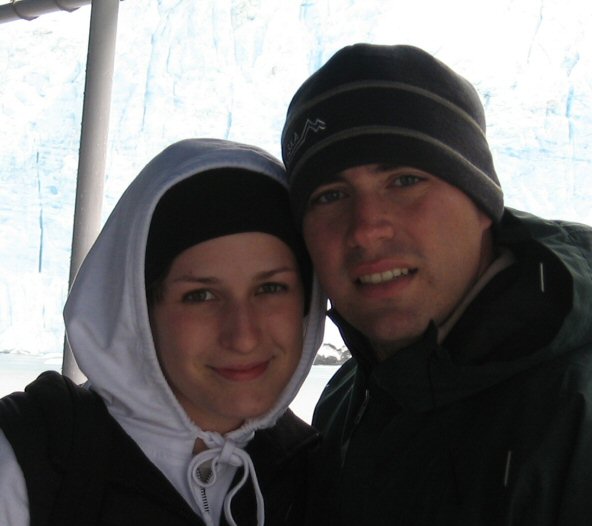But this is not enough!
Tyler Curtis escaped mortars, bullets and bombs in Iraq. Yet, he failed to survive his homecoming.
On Thanksgiving morning, three months after the young veteran returned home to Livermore Falls, he took his own life. The emotional wounds of war left him unable to go on...
This story (reported in the Sun Journal) is the most recent of an unconscionable number of veteran suicides, further detailed in this story from CBS News.
In 2005, for example, in just those 45 states, there were at least 6,256 suicides among those who served in the armed forces. That's 120 each and every week, in just one year.
I am not aware of the veteran suicide numbers in Travis County, but this is an issue which I, as a veteran, feel a personal duty to work to solve.
There have been numerous instances over the last few years of veterans coming home from serving in Iraq or Afghanistan with additional problems. Such as...
Because of the symptoms with Post Traumatic Stress Disorder (PTSD), and other psychiatric problems developed while in combat, veterans have succumbed to alcohol or drug abuse. This is frequently an attempt to self medicate the pain. This typically results in a dishonorable discharge, which denies any veteran VA benefits. As such veterans are thrown into the civilian population, their drug and alcohol abuse continues, yet they have no way to seek treatment for the abuse and/or their severe psychiatric problems. Furthermore, it is very difficult for veterans with dishonorable discharges to gain employment. Thus the downward spiral continues with no apparent way out.
The second problem is equally bad, but much more despicable. What is happening is that veterans returning from combat deployments take the right steps to receive treatment for PTSD and other lingering mental issues. In some of these instances, the military has pressured (coerced) the service members to sign a document stating that their mental condition was pre-existing. Such veterans are then discharged, and again denied access to VA benefits (because their disability is classified as existing prior to the military). The two primary ways these service members have been so coerced are:
1) Military members are threatened with disciplinary action. Their fragile psychiatric condition makes it very difficult for them to challenge this threat. In addition, they are pressured into signing such papers, with the “promise” that once signed, they will be discharged, and not be in further trouble. (They of course cannot get in legal trouble for having a psychiatric disorder, though when so pressured, they do not realize that this is the case).
2) The second form of coercion involves a horrible play on the condition of the service member. They are told that if they do not sign the document, their discharge will take longer. The nature of their illness is often such that they see the military as a cause of their pain, and are willing to sign away their benefits so that they can be immediately discharged.
This story from the Times-Gazette in Ohio fills in some of these details.
The second thing we looked into was the effort to reduce costs and to reduce the number of returning soldiers that the medical units would have to include. The military discharged more than 20,000 young men and women needing medical attention by using Chapter 5-13.
This means that these soldiers were given a "pre-existing physiological disorder discharge" and therefore, were not entitled to medical help or any other benefits whatsoever - even though many of them had been wounded in battle and had come home with Purple Heart honors.
So what does this all mean for veterans in Travis County? The county is working to put in place a system to get these veterans treatment with the VA. For those veterans who don't have access to VA benefits, the newly formed Texas Law Veterans Association (TLVA — started by students who are veterans at the University of Texas School of Law) is working to set up a veterans legal program at UT Law. The hope is that the county will identify veterans that need assistance, and then the TLVA program will step in and provide the necessary legal support to make sure they can be treated by the VA.
The question is, are we going to stand by and simply allow the continued suffering of these men and women who have sacrificed so much for us?
I say no! Will you stand with me?
A man who is good enough to shed his blood for his country is good enough to be given a square deal afterwards.
-Teddy Roosevelt
Cross-posted from Burnt Orange Report and Daily Kos.
